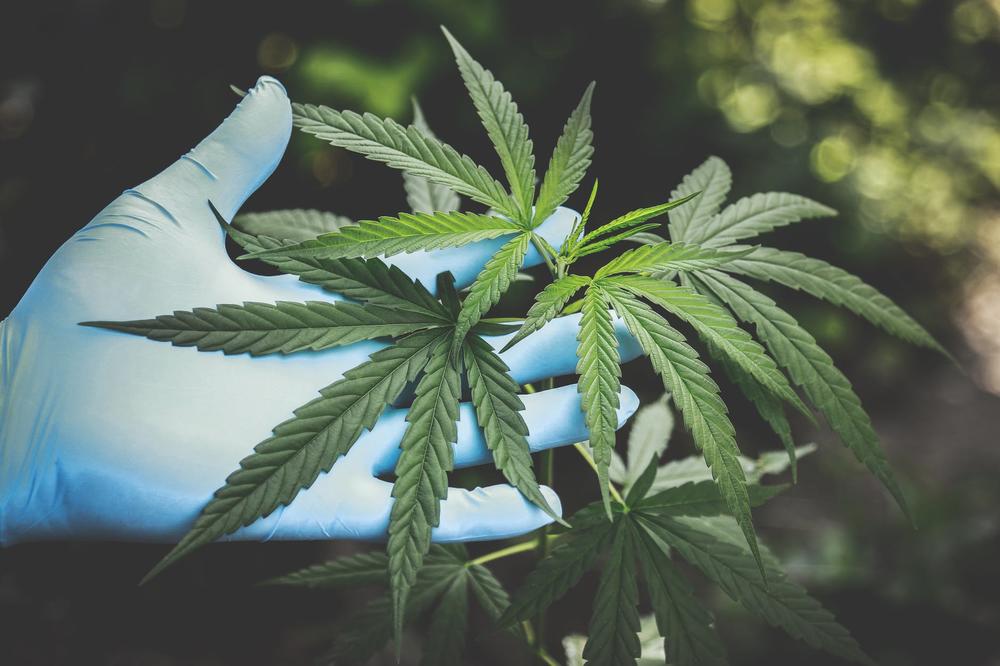
Caption
The oil made from cannabis is intended to treat patients with a variety of diseases including cancer, seizure disorders, multiple sclerosis, amyotrophic lateral sclerosis (ALS), Crohn’s disease, Parkinson’s disease, mitochondrial disease and sickle-cell anemia.
Credit: Pexels stock photo

